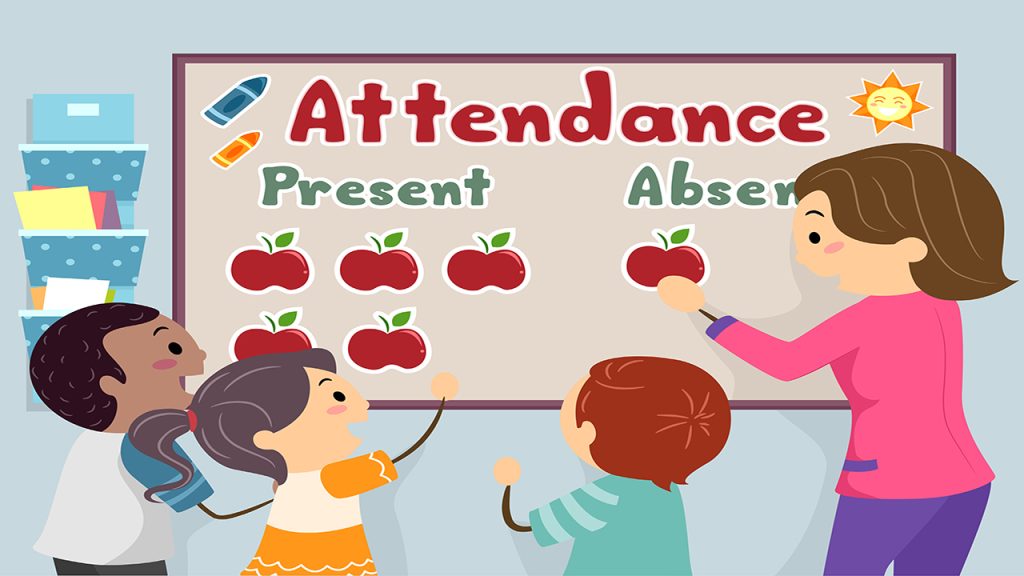

Does Your Child Struggle in School? Who is at Fault? What are the School’s Responsibilities?
Students sometimes just don’t get it. There is no question. Children often will take every opportunity to cast blame on someone else. “She doesn’t like me” “He doesn’t explain things.” These are just a few. Any parent of a school aged child who struggles in school has certainly heard these and many more. Teachers have a responsibility to deliver the required curriculum in the required manner. They are not in a position to insert their personal opinions into the curriculum. Teachers have an obligation to help those who are struggling through deeper and repeated explanations and possibly remediation. Even so, for a variety of reasons, students still some just don’t get it. So, what responsibilities does a teacher or school have when it comes to students who submit work that is below par and results in poor grades.
This sometimes falls on the student, but the teacher has an obligation to detect it and address it. Teachers should be contacting parents as soon as it becomes obvious that the student is in danger of failing or dropping two or more letter grades. A simple email or phone call is acceptable. Interim reports and online grading systems should not replace this communication. If the first notification of trouble is a report card sent home, the teacher is possibly shirking his or her duties. If a teacher has made multiple attempts to contact the parent(s) to no avail, the burden is now on the student and parent. In such a case, the teacher should use additional resources such as administrators or pupil personnel workers to contact the parent and discuss the problem.
When these problems do arise, we should look to see if the teacher being responsive to the needs of the student when he or she starts showing signs of trouble? Students who struggle in school should expect to receive a basic level of services from all teachers in every circumstance. For example, work submitted to a teacher should be returned promptly with valuable feedback. In general, promptly can be defined as one or two class sessions. So, an assignment that is turned in on Monday, should be returned either Tuesday or Wednesday for a class that meets every day. Students in a class that meets every other day, should generally expect work to be returned the next class. These, of course, are general guidelines but this is what parents and families have every reasonable right to expect.
In addition to prompt return of collected assignments, students should expect to receive the assignments with valuable feedback. It should be obvious to the student and anyone supporting the student that his or her assignment was read and given careful consideration. The feedback on the returned assignments should be directed at how the submission is aligned with the stated and assessed goals or standards. The standards should be clear and previously presented and explained to the student. There is no room for personal opinion or perspective on the part of the teacher, and this should be immediately addressed. How this is addressed depends on the situation, but, in general, a simple phone call or email putting the teacher on notice that his or her opinion or perspective is not what the assignment is measuring. Be sure to copy or otherwise let the teacher’s supervisor know as well. It is usually an assistant principal or department chair, and their contact information is usually available on the school’s web site.
When a student does poorly on a teacher-based assessment, he or she should expect to receive objective scoring using a specified rubric if applicable. Assigned grades for assignments should be based on a predefined system that includes multiple means of mastering the required content. In most cases, students can ask for alternative means to meet the addressed standard. Final grades for classes should be calculated on district approved and published formulas. They should be calculated with a weighted formula to include classwork, tests, quizzes, homework and class participation. Behavior is generally not considered in grade calculations in most districts any longer; however, some may still include it. The preponderance of the grade should rest within classwork and tests and quizzes. Over weighting of tests and quizzes is a common issue within some schools and districts.
If parents or students believe there are any concerns with these or other generally accepted academic standards, a third-party consultant may be able to lend expertise to help with the situation on behalf of the student. Yes, sometimes students just need to work harder; but sometimes, the issue lies with the teacher or school.
If you think any of these issues are impacting your child’s education, please contact us at Maryland K12. We will provide a free initial consultation.
Dig Deeper With Our Longreads
Newsletter Sign up to get our best longform features, investigations, and thought-provoking essays, in your inbox every Sunday.
The MEN was founded by John Huber in the fall of 2020. It was founded to provide a platform for expert opinion and commentary on current issues that directly or indirectly affect education. All opinions are valued and accepted providing they are expressed in a professional manner. The Maryland Education Network consists of Blogs, Videos, and other interaction among the K-12 community.












